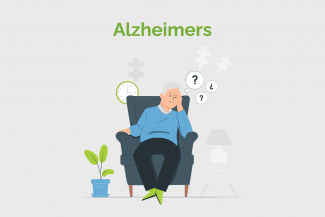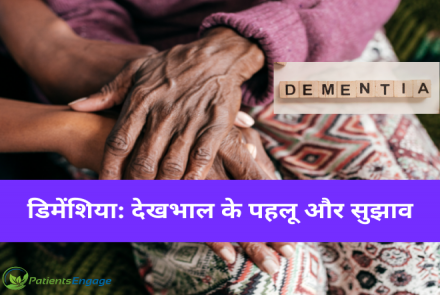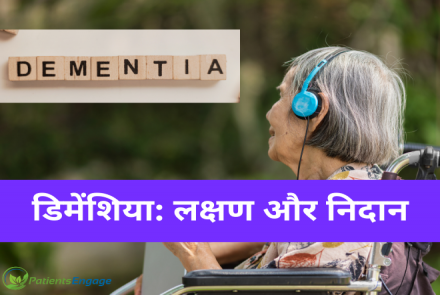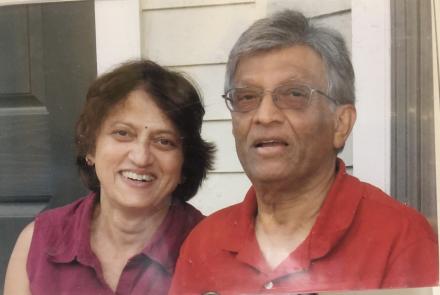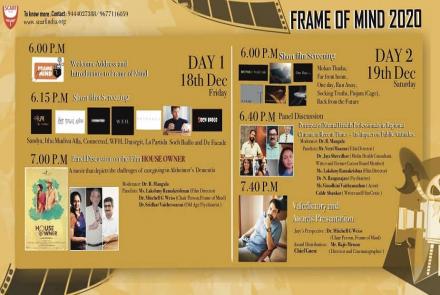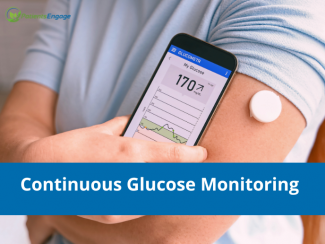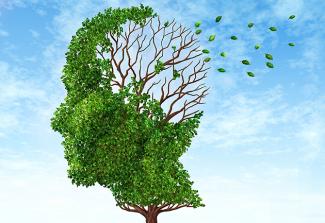
What are the stages of Alzheimer’s disease?
The disease progresses differently in different individuals, but the following offers a rough guide to the various stages:
Stage 1 – Mild/Early (lasts 2-4 yrs)
This stage may be marked by frequent memory loss, particularly of recent conversations and events. The person may repeat the same questions and show some difficulty in understanding conversation. Mild coordination problems, like writing and using objects. Depression and apathy can occur, accompanied by mood swings. They may need reminders for daily activities, and may have difficulty driving.
Stage 2 – Moderate/Middle (lasts 2-10 yrs)
The patient can no longer cover up their problems. They may have pervasive and persistent memory loss, including forgetfulness about personal history and inability to recognize friends and family, rambling speech, unusual reasoning, and confusion about current events, time and place. More likely to become lost in familiar settings, experience sleep disturbances and changes in mood and behavior, which can be aggravated by stress and change. Mobility and coordination is affected by slowness, rigidity and tremors. They will need structure, reminders, and assistance with the activities of daily living.
Stage 3 – Severe/Late (lasts 1-3+ yrs)
The patient may be confused about the past and the present. Lose ability to remember, communicate, or process information. Generally incapacitated with severe to total loss of verbal skills. They will be unable to care for themselves. Problems with swallowing, incontinence, and other illnesses. Extreme problems with mood, behavior, hallucinations, and delirium. In this stage, the person will need round-the-clock intensive support and care.
What are the complications of Alzheimer’s disease?
A person with Alzheimer's disease may not be able to:
- Communicate that he or she is experiencing pain — for example, pain from a dental problem
- Report symptoms of another illness
- Follow a prescribed treatment plan
- Notice or describe medication side effects
As Alzheimer's disease progresses to its last stages, brain changes begin to affect physical functions, such as swallowing, balance, and bowel and bladder control. These effects can increase vulnerability to additional health problems such as:
- Pneumonia and other infections: Difficulty swallowing may cause people with Alzheimer's to inhale (aspirate) food or liquid into their airways and lungs, which can lead to pneumonia.
- Inability to control emptying of the bladder (urinary incontinence) may require placement of a tube to drain and collect urine (urinary catheter). Having a catheter increases your risk of urinary tract infections, which can lead to more-serious, life-threatening infections.
- Injuries from falls: People with Alzheimer's become increasingly vulnerable to falling. Falls can lead to fractures. In addition, falls are a common cause of serious head injuries.

